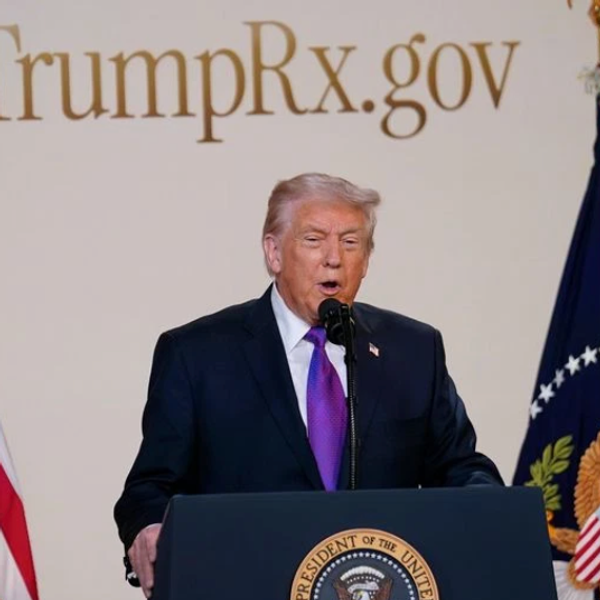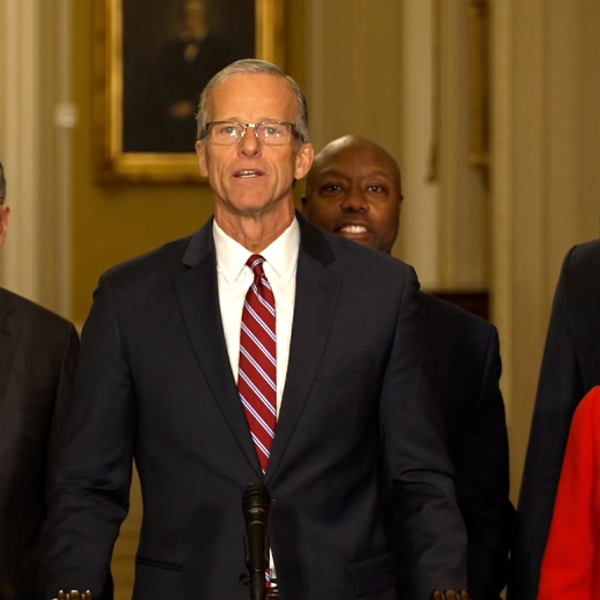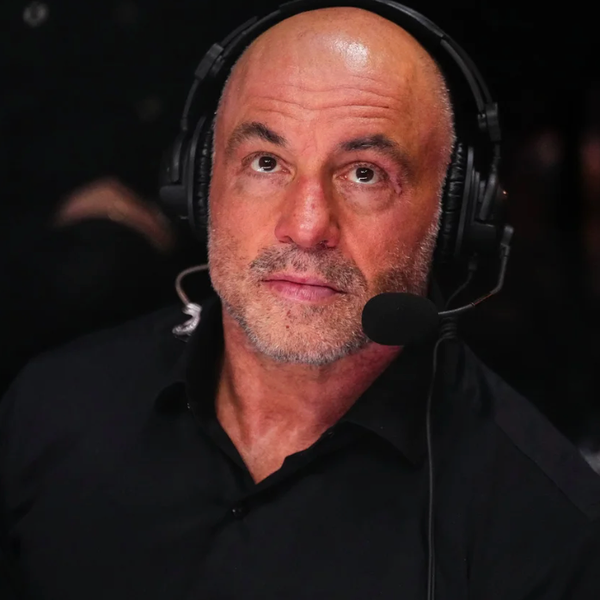The debate over the controversial Keystone XL pipeline project intensified this weekend, as thousands of people demonstrated outside the White House on Sunday to urge President Obama to halt the planned construction.
The protesters’ message was clear: Many of them had voted for Obama in 2008, but their support for his re-election campaign would hinge on the Keystone XL decision. Meanwhile, other interests are more quietly trying to convince the president to approve the pipeline. The debate has put Obama in a tough bind, with significant political risks involved whichever way he goes — a fact that might cause the president to delay taking a stand for as long as possible.
Pipeline advocates argue that the project, which would stretch 1,700 miles from the Canadian tar sands to Texas oil refineries and cost $7 billion, would decrease dependence on Middle Eastern oil and create jobs — a prospect that has led some labor unions to jump on board. Those opposing the pipeline contend that there is a high risk of leaks and that the tar sands oil releases more carbon into the atmosphere than conventional crude oil. Additionally, concerns about a pro-industry bias in the State Department, which is responsible for approving the project, have increased pressure for Obama to take the matter into his own hands.
In addition to activists, several national politicians have been voicing their opposition to the project. A group of three U.S. senators and 11 members of Congress recently sent a letter to Obama, expressing their “serious concerns” about the State Department’s conflicts of interest. In response to the politicians’ request, the State Department’s inspector general has agreed to do a “special review” of whether the approval process for the project was done properly.
The president had previously avoided directly addressing the issue, but mounting popular pressure has led him to make a few comments without taking a stand either way. Environmental activists met Obama along several campaign stops, which prompted him to stop mid-speech in Colorado and say, “We’re looking at it right now, all right? No decision has been made.” Later, Obama discussed the issue in an interview Tuesday with the Omaha, Neb., station KETV, assuring Americans that the government would not authorize the project if the risks seemed too great and indicating that he would make the final decision instead of relying solely on the State Department:
“We need to make sure that we have energy security and aren’t just relying on Middle East sources. But there’s a way of doing that and still making sure that the health and safety of the American people and folks in Nebraska are protected, and that’s how I’ll be measuring these recommendations when they come to me.”
The response did not rule out any options, but those close to the project generally believe Obama will support the pipeline just as the State Department does; the Canadian Natural Resources Minister Joe Oliver said Monday he is “cautiously optimistic” that Washington will approve the project. Anti-pipeline activists, meanwhile, have interpreted Obama’s vague statements as an opportunity to ramp up pressure against Keystone XL.
So with the political stakes high and a tough election year looming, the president has the challenge of trying to minimize the damage to his campaign. Rather than taking a definitive stand on either side of the debate, Obama might delay the decision until after the presidential election. If the White House requires the pipeline sponsors to reduce the environmental risks before granting approval, as some close to the deliberations have suggested might be the case, the process would take much longer and spare Obama the political ramifications until his electoral fate is decided.
Delaying the project under the guise of environmentalism might be the president’s best option. His criticisms for inaction would pale in comparison to the anger from either the industry or the environmentalists for approving or rejecting the proposal. Additionally, some anti-pipeline activists have indicated that they might accept the project if the pipeline followed a less environmentally harmful route: Nebraska’s Republican Governor David Heineman said most people in his state would support the project if the pipeline route were moved away from a water aquifer. Requiring TransCanada to shift the route would delay construction and temper some opposition — and potentially even lead the oil company to scrap the project out of frustration since the permit process has already taken more than three years.
With an election year approaching, the president has a clear motivation to further delay the decision. The political risks associated with Keystone XL are too high for Obama to take a firm stand, regardless of how many protesters gather outside the White House and call for action.








